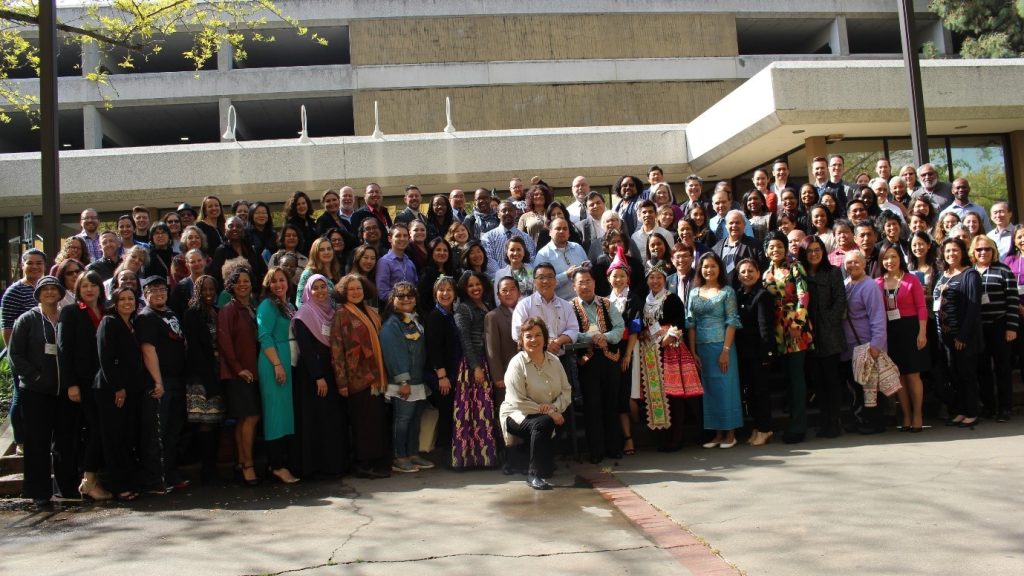Technical Assistance Toolkit Technical Assistance Profile: California Reducing Disparities Project

Goals
Funded by the Mental Health Services Act and administered by the California Department of Public Heath (CDPH) Office of Health Equity, the $60 million California Reducing Disparities Project (CRDP) seeks to improve mental health access and outcomes statewide among historically unserved, underserved, and inappropriately served communities. Through this investment, CDPH aims to build a strong evidence base to support the use of community-defined projects in California’s Behavioral Health System. The technical assistance (TA) for CRDP has three main goals:
- Increase organizational capacity of funded community-based organizations (CBOs) to expand their operations so their pilot projects can be evaluated for effectiveness
- Increase the evaluation capacity of the CBOs for each organization to complete a culturally responsive evaluation of their specific pilot project
- Support funded CBOs in developing and implementing sustainability strategies to extend their work beyond the CRDP funding period
TA Providers
CRDP takes a collaborative TA approach, engaging a range of providers including:
- Office of Health Equity Staff
- An external Statewide Evaluator
- Five organizations to provide population-specific TA
- An education, outreach, and awareness consultant
TA Recipients
CRDP funded 35 CBOs to implement and evaluate community-defined evidence projects to provide culturally grounded mental health prevention/early intervention services. The funded organizations all serve at least one of the five CRDP priority populations: African American; Asian Pacific Islander; Latinx; Native American; and Lesbian, Gay, Bisexual, Transgender, Queer, and Questioning (LGBTQ). This is the first time many of the participating organizations have received State funding.
Total Budget
$60 million dollars over six years with close to 25% of funds going to technical assistance.
Activities
TA providers work with the CBOs funded by CRDP to improve administrative, programmatic, and evaluation support and capacity building. They also help the organizations improve operations, identify and secure additional resources, and build strategic partnerships. TA providers conduct annual assessments of each funded organization and develop a tailored TA and training- support plan to guide their work throughout the year. CRDP TA providers, including the Statewide Evaluator and Office of Health Equity staff, also provide ongoing intensive support to funded organizations to identify any emergent needs and develop collaborative strategies to address them.
Outcomes
CRDP strongly emphasizes robust and community-engaged evaluation, and preliminary outcomes of this ongoing project are currently under review. The TA evaluation will focus on the following:
- CBO’s satisfaction with provided TA services, ¬collected using an anonymous TA Satisfaction Survey administered every six months
- CBO’s organization capacity growth over the course of the initiative, collected using a modified version of the Marguerite-Casey Foundation’s Organizational Capacity Assessment Tool administered at the start and end of the grant period
For more information about the evaluation process, contact CDPH’s Office of Health Equity.
Lessons Learned
To implement equitable processes and build trust, it has been important for CRDP to incorporate adequate time and flexibility into the TA providers’ scope of work. For example, incorporating a capacity building and assessment phase at the start of the initiative ensured there was dedicated time for TA providers to understand the interests and needs of the CBOs. This approach allowed TA providers to offer tailored capacity building support, which was critical to building trust and adequately preparing CBOs to implement their projects. CDPH also found that working closely with TA recipients to ensure that evaluation instruments such as participant outcome surveys are tailored to generate quality results was another important best practice.